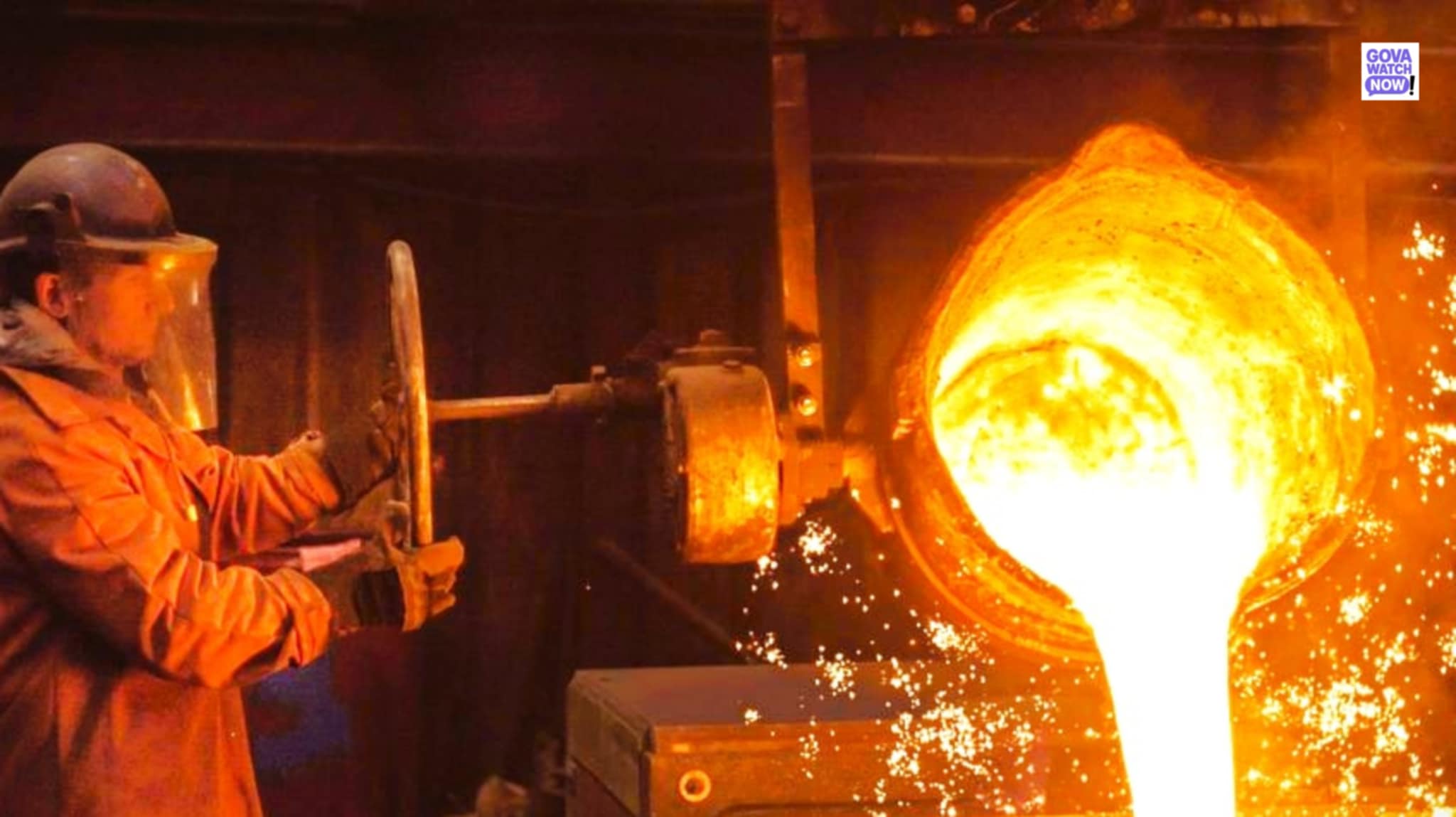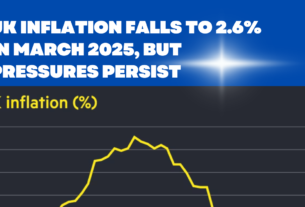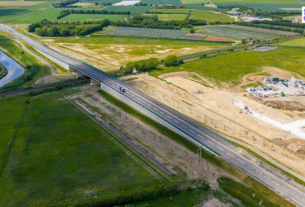U.S. President Donald Trump announced a significant increase in tariffs on imported steel and aluminium, raising duties from 25% to 50%. While the United Kingdom successfully secured an exemption through a bilateral trade agreement, India was notably excluded, placing its $5 billion metal export sector to the United States under considerable strain.
India’s export community has expressed serious concerns about the impact of these tariffs. The Engineering Export Promotion Council (EEPC) cautioned that the increased duties could undermine the competitiveness of Indian metal products, particularly value-added engineering goods. With ongoing Bilateral Trade Agreement (BTA) negotiations between India and the U.S., this unilateral tariff hike complicates efforts to secure favorable trade terms.
The UK’s exemption highlights the effectiveness of proactive diplomacy. Through recent negotiations, the UK secured tariff relief on steel and automobiles in exchange for concessions on American beef and ethanol. India’s absence from similar arrangements underscores its vulnerability in the current global trade environment, increasingly shaped by preferential bilateral agreements.
Although India is not a leading exporter of steel and aluminium to the U.S., the tariff increase is expected to impact smaller exporters and those dealing with shipments currently in transit, potentially causing operational disruptions. Union Minister HD Kumaraswamy acknowledged the limited but tangible effects on Indian exporters.
In response, Indian policymakers are considering options including raising the issue at the World Trade Organization and seeking temporary relief through diplomatic channels. Additionally, the government may enhance domestic support mechanisms such as production-linked incentives to mitigate the impact on affected industries.
This development serves as a critical reminder of the need for India to accelerate trade negotiations and strengthen bilateral ties. In an increasingly protectionist global trade landscape, securing strategic trade agreements will be essential for India to safeguard its economic interests and maintain access to key markets.




